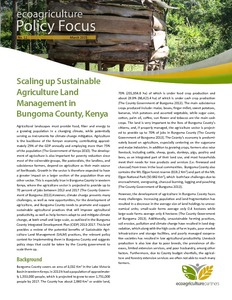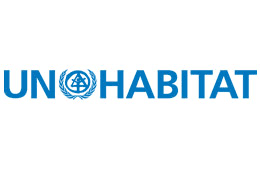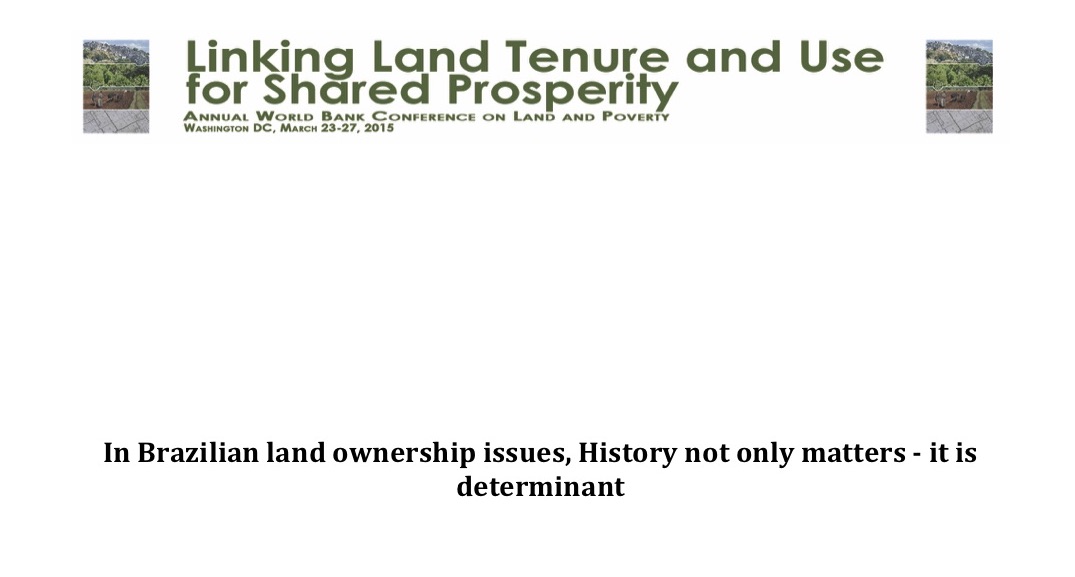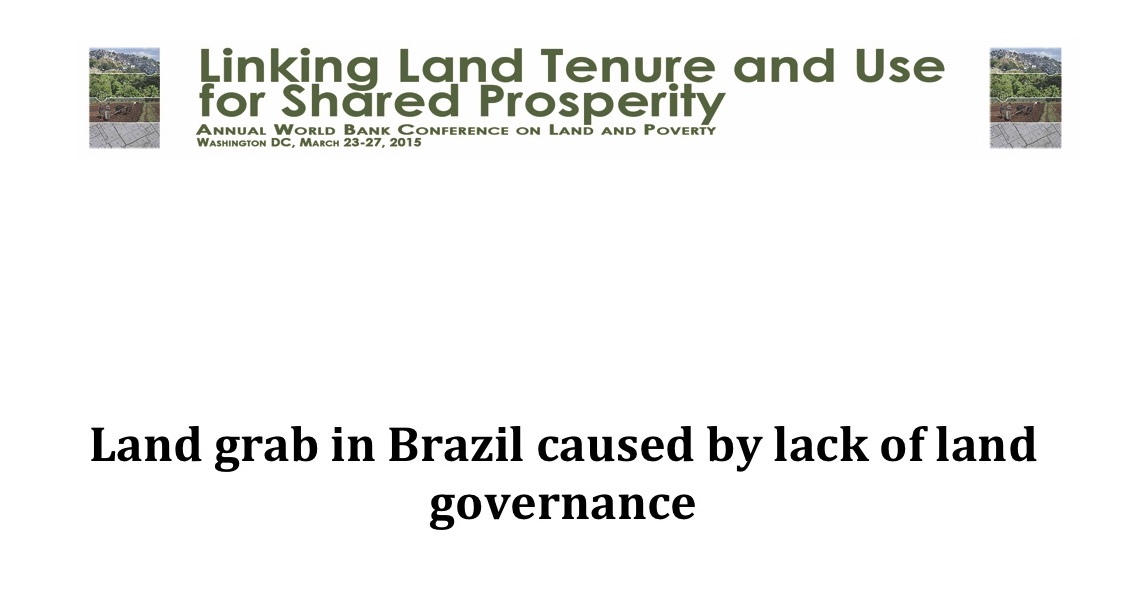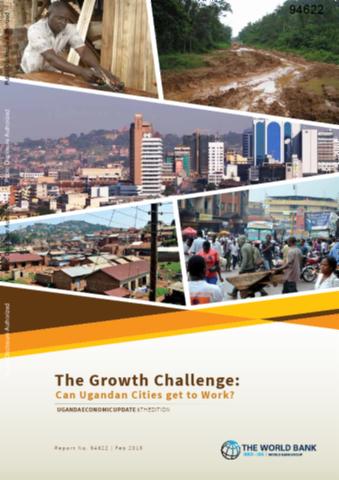Agricultura familiar em Moçambique: Ideologias e Políticas (OMR)
Por:João Mosca
A agricultura familiar em Moçambique constitui a actividade económica que ocupa grande parte da população, podendo alcançar mais de 75% dos cidadãos. Os sistemas de produção “tradicionais” sofreram, ao longo de décadas, diferentes níveis de transformação em consequência da intensidade de penetração do capital no meio rural, sobretudo o agrário e o comercial e o da extracção de recurso naturais.


